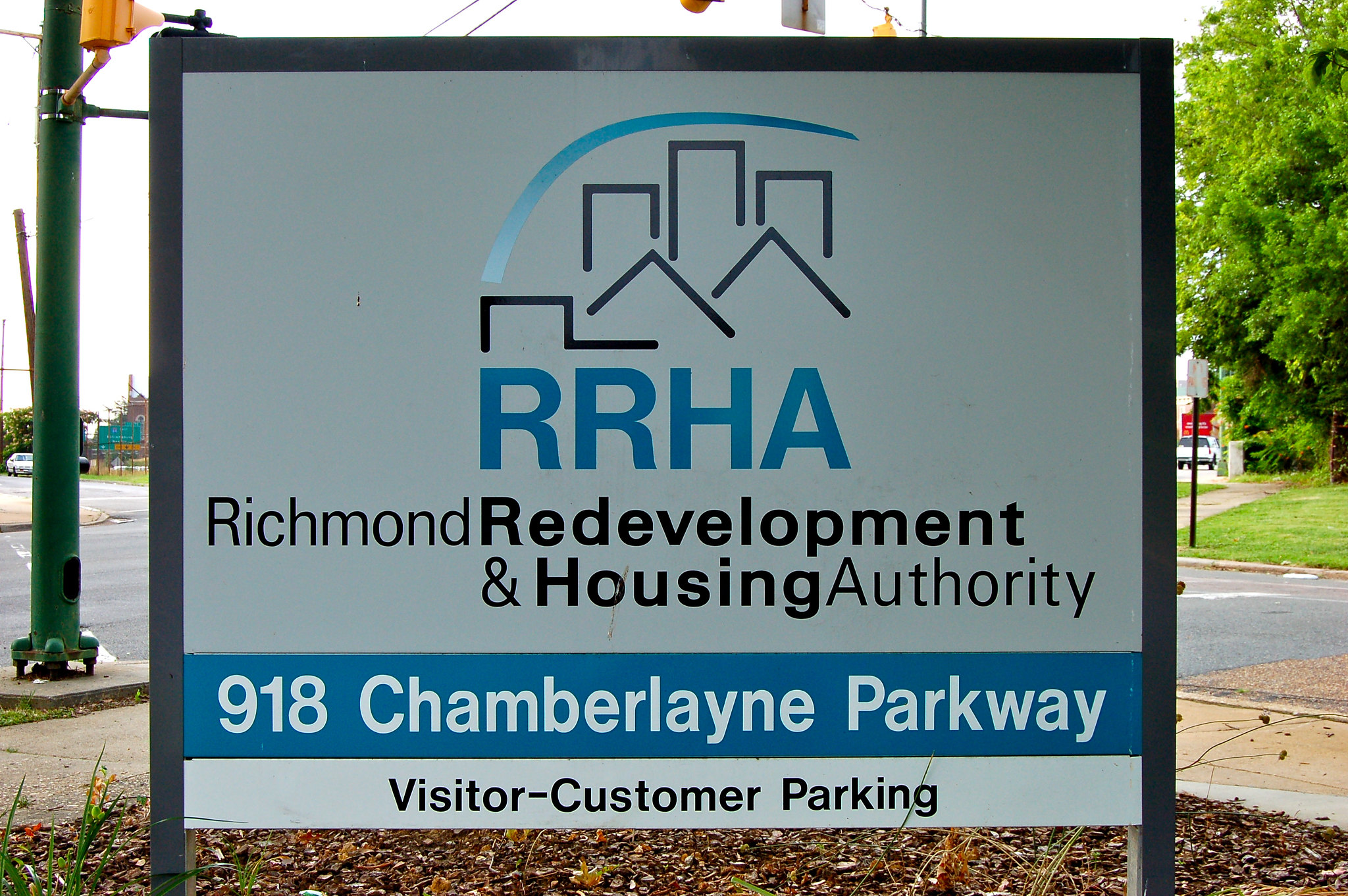Published: 2/20/2025
Richmond Virginia’s public housing provider, the Richmond Redevelopment and Housing Authority (RRHA), is planning on restarting evictions of its tenants for their inability to fully pay their rent, despite serious concerns of accounting errors and improper implementation of repayment plans. Even if RRHA could accurately show a person was behind in rent, is eviction the only and best option available? What happens to a person who is no longer able to keep their RRHA home?
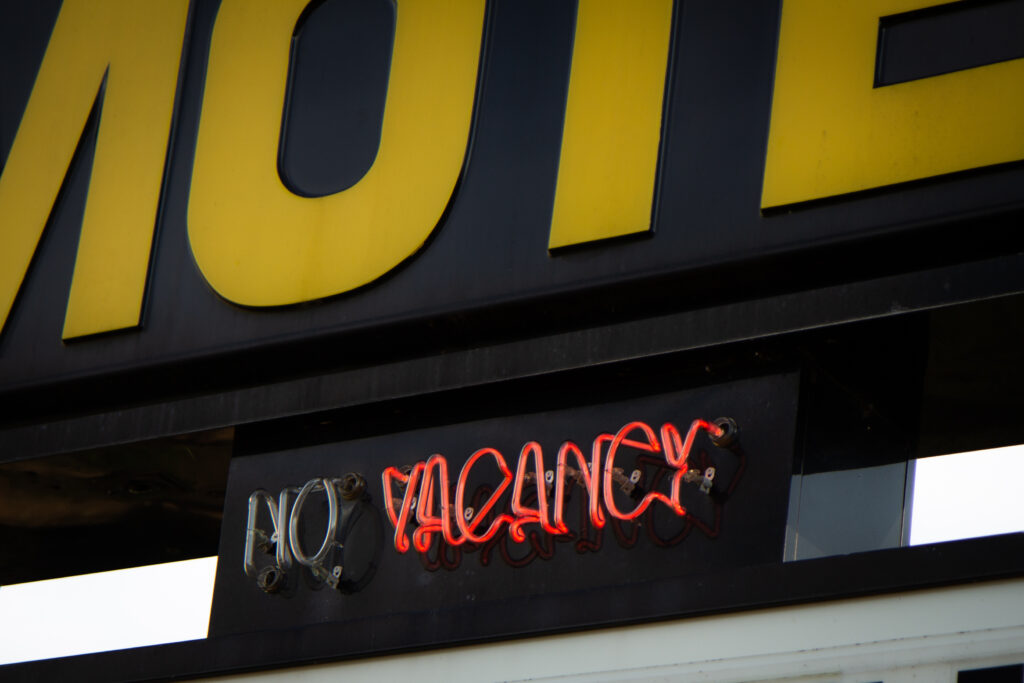
WHERE ELSE CAN I GO?
RRHA residents who lose their public housing cannot compete for market rate units in the city of Richmond.
Who lives at rrha?
People who live in public housing are, by definition, low-income.
In fact, 78% of RRHA residents have a household income of less than $20,000/year.
42% have a household income of under $10,000/year.
In comparison, the average person living in Richmond earns much more.
The median household income in Richmond City is $58,988, according to the 2022 ACS Survey
And if their income declines or they lose it entirely, they are unlikely to have emergency savings to draw from. In fact, a 2024 survey showed that 27% of all Americans have no emergency savings, the highest rate in years.
In 2024, over 600 families had little to no income available to pay rent, meaning they qualified for RRHA's "Minimum Rent" of $50/per month
Source: Data from a public records request (FOIA) made by LAJC to RHHA
source: HUD Picture of Subsidized Households ((Latest data - 2023))
no other options - Richmond's housing crisis
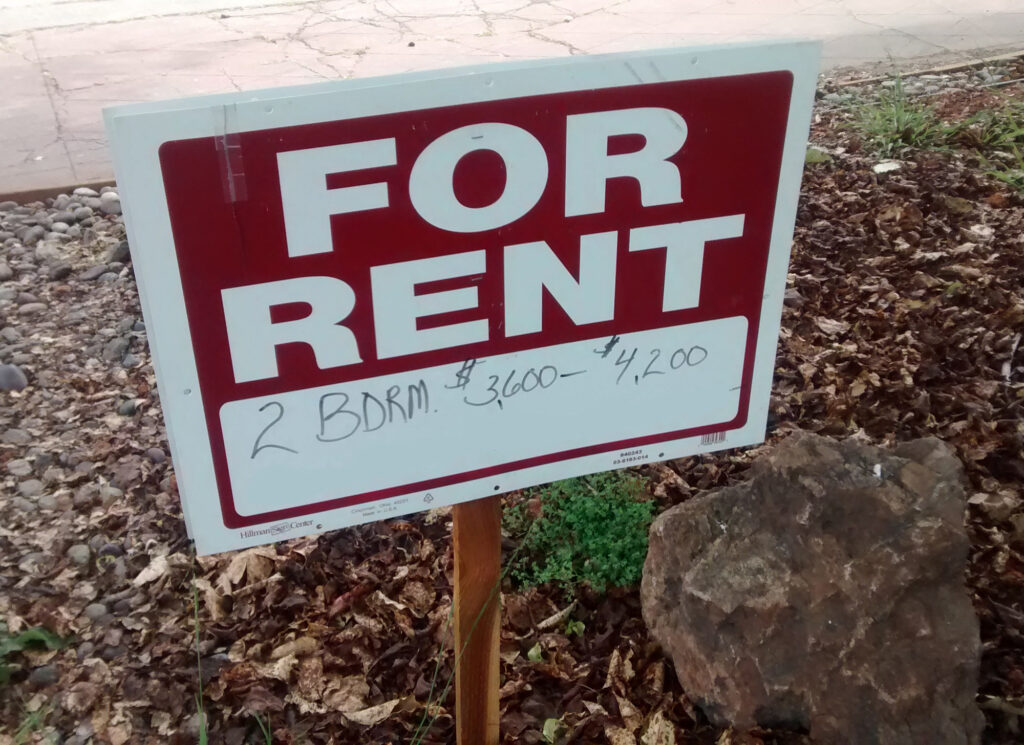
Richmond, like many cities across the country, has a serious affordable housing shortage that has only worsened in recent years.
According to the most recent American Community Survey (ACS) data from 2022, the median rent in Richmond was $1,192 a month. The housing website Zillow says that in May of 2024, the median rent in the city was $1,600; for a one-bedroom apartment, the median rent was $1,296
This means the average one-bedroom apartment in Richmond costs $15,552 a year. That’s 78% or more than a vast majority of RRHA households' income.
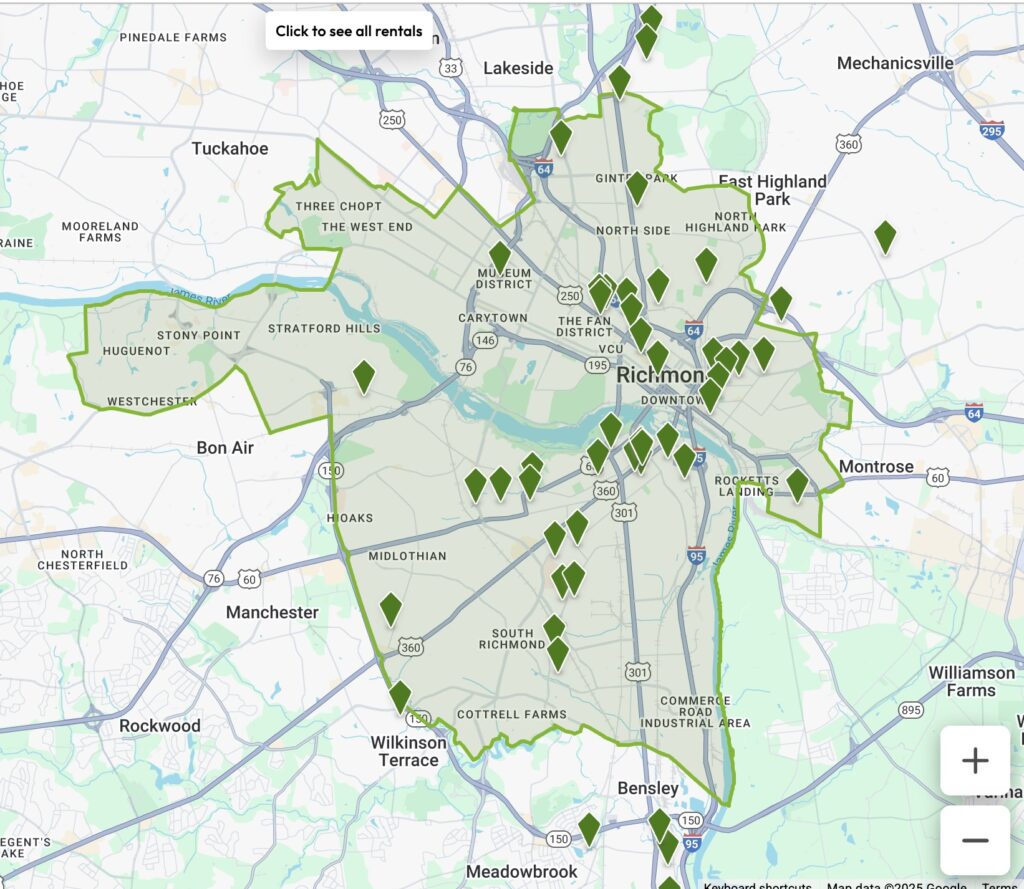
Not only that, but the supply of “affordable” apartments in Richmond is miniscule.
A search of the website Apartments.com for any available rentals under $1000/month in the Richmond metro area resulted in just 241 units. At $800/month, there were only 75 available options.
Search done on 2/16/25
When RRHA evicts a family from their home it leaves them with few, if any, choices.
People evicted from RRHA cannot afford to live anywhere except the worst quality housing or short-term options like cheap motels if they can afford anything at all. Many become unhoused.
Not only that, but RRHA makes it even harder for these families to rent an apartment due to now having an eviction on their record. Landlords regularly refuse to consider tenants with a prior eviction.
Richmond simply does not have enough housing for those struggling to get by.
“There are not enough permanent supportive housing units in the City to house people experiencing homelessness. It is estimated that the City needs to provide at least 300 more permanent supportive housing units and thousands more affordable housing units”
City of Richmond Strategic Plan to End Homelessness 2020-2030
RRHA’s waitlist illustrates the need for deeply affordable housing in Richmond. Currently, more than ten thousand families are hoping to access public housing, almost 85% of whom are extremely low-income.
Simply kicking people out of public housing doesn't solve the waitlist problem, as they have no option but to get back in line. More affordable housing options are needed.
RRHA should be in the business of providing housing.
They are not a typical landlord.
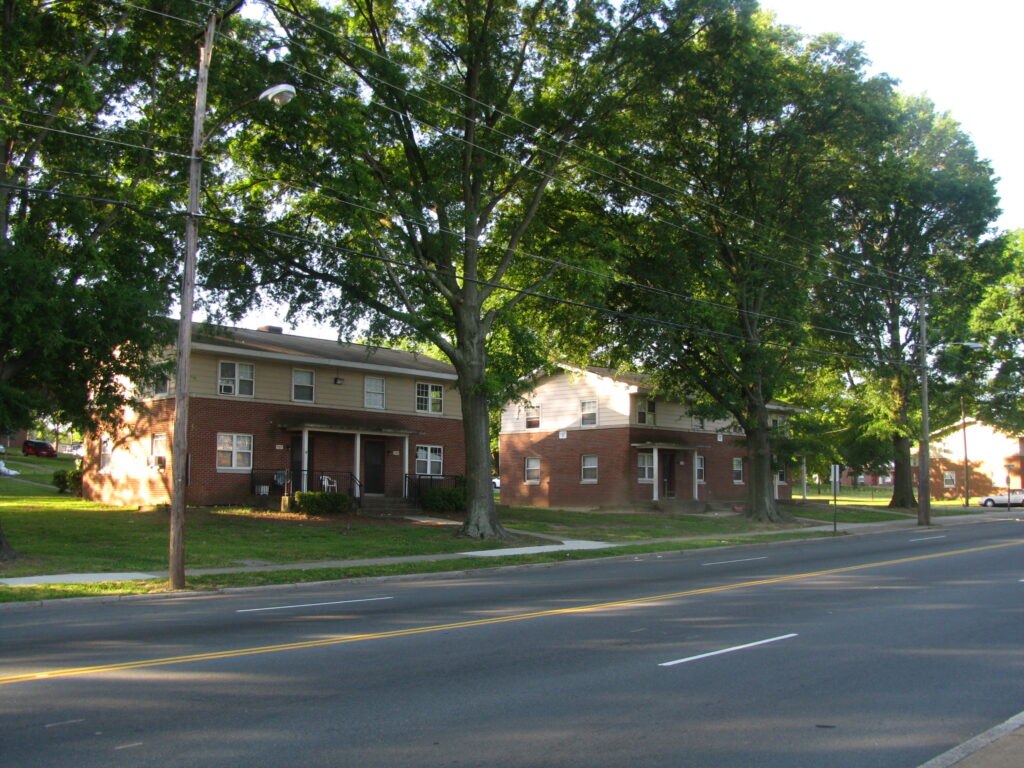
Private landlords are in the business of making a profit from their real estate holdings.
RRHA is tasked with housing Richmond families who are fighting to survive as our city becomes increasingly unaffordable.
If an RRHA tenant is unable to pay their rent, RRHA must do everything it can to keep them housed. It should be creating new systems and advocating for new funding sources to enable this.
Evictions cost money.
Evicting a tenant from their home isn't free. RRHA recently announced that it sent 378 families 30-day notices to either pay their balance or be evicted. Assuming all these families end up in court, this will cost RRHA approximately $147,000* (attorney's fees, court fees, and sheriff's costs), not to mention any part of the rent that the tenant would have paid during the process. The actual cost to RRHA is likely higher.
Is this the best use of your tax dollars? RRHA is a government-funded agency (through the US Department of Housing and Urban Development) that can choose to invest in rent supports for those who need them instead of removing families from their homes.
* this calculation is made from court related eviction costs figures from HOME (https://homeofva.org/wp-content/uploads/2020/04/Eviction-Fiscal-Impact-1_30_19.pdf) and total evictions by RRHA as documented by the Legal Servcies Corporation Civil Court Data Initiative. WRIC news reported that 378 families would receive 30-day notices here: https://www.wric.com/news/local-news/richmond/rrhas-latest-repayment-plan-numbers-show-tenants-on-track-while-others-could-be-subject-to-lease-enforcement/
What should RRHA do?
- Ensure that the rent owed by tenants is accurate through fixing faulty accounting practices, addressing failures to properly calculate residents' income, and correcting improper rental repayment agreements (ones that exceed 10% of the residents' income)
- Spend RRHA resources to keep people housed.
- Advocate for more eviction prevention resources.
Take Action
Tell RRHA President Stephen Nesmith to halt non-payment evictions at RRHA and to prioritize keeping people housed
